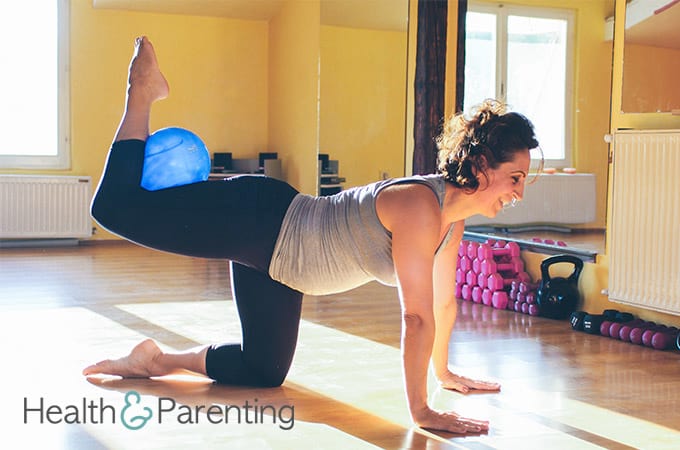Pregnancy is one of the most important phases of a woman’s life, with many emotional and physical changes. If you maintain a safe and regular exercise regimen throughout your pregnancy, you can stay healthier. Exercising safely during pregnancy can help you avoid many discomforts and might help you cope better with your pregnancy and delivery. In addition, staying active can help you better manage the emotional ups and downs of pregnancy.
Benefits of Exercising
Exercising during pregnancy can be very helpful for you in several aspects. Even if you were not physically active earlier, you can start off with an exercise regimen when you learn about your pregnancy in order to stay fit. Ideally, 30 minutes of moderate exercise every day is highly recommended for pregnant women. For women who suffer from backaches or anxiety, exercising safely during pregnancy can act as a form of relief, helping them sleep better.
It also helps in cases of those suffering from gestational diabetes and constipation during pregnancy. Most importantly, at a time when you might be feeling like you are stuck in the body of an alien, exercising gives you back the sense of control over your body and boosts your energy levels. Appropriate exercises can tone your muscles to give you better posture, and strengthen your joints which will loosen due to pregnancy. It may even help you have an easier labor.
Is Exercise Recommended for Everyone?
Exercise is good for pregnant women, but it is not right for everyone. There are several conditions that require you to take it easy during pregnancy and exercising when you have any such condition may be harmful for you. For personalized advice on whether or not you should exercise, you first need to consult your healthcare provider who will review your medical history to help you come up with the best fitness plan for you.
Generally, women who have medical conditions such as severe asthma, diabetes or heart disease should stay away from exercising during pregnancy. Women who suffer from some pregnancy-related conditions should also avoid exercise – these might include a weak cervix, bleeding or spotting, a low lying placenta, a previous history of early births or miscarriages, or a threat of miscarriage. Whether or not to avoid exercise is usually very individual, and you should talk to your doctor or midwife if you have any of these conditions to see what exercises would be best for you.
Guidelines for Exercising Safely
If you want to make sure that you are exercising safely, here are some guidelines you should follow before you get started:
- Wear comfortable loose clothes and proper shoes while you are exercising. Shoes are one of the best ways to protect yourself from injuries.
- Choose an even, flat and clear surface for exercise that allows you ample room to move around without hitting anything.
- If you are exercising, you need to increase your calorie intake in order to meet the calorie requirements of your pregnancy as well as your exercise.
- Start your exercise at least one hour after you have eaten a meal.
- Start with warm up exercises and end with some cooling down. When getting up after a session of floor exercises, be slow in order to avoid dizziness.
- Keep the exercises moderate and don’t over-exert yourself. If you are unable to talk properly while exercising, you are overdoing it.
If you want to have a healthy yet safe pregnancy, add safe exercises to your daily routine. If you haven’t exercised much before pregnancy, start slowly. The moment you feel discomfort due to exercising, you should discontinue and consult your doctor. Nothing is worth putting your pregnancy at risk. But, more than likely, regular exercise will help you feel better throughout your pregnancy.
Have a safe and fit pregnancy!
Written by Manal, first time mom, rearing an infant.
This information is not intended to replace the advice of a trained medical doctor. Health & Parenting Ltd disclaims any liability for the decisions you make based on this information, which is provided to you on a general information basis only and not as a substitute for personalized medical advice. All contents copyright © Health & Parenting Ltd 2017. All rights reserved.










